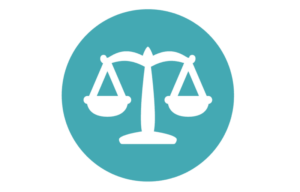New York-based video hosting platform Vimeo lost an appeal in the Northern District of Illinois to have a class-action biometric privacy lawsuit go to arbitration.

The lawsuit accuses Vimeo of violating the Illinois Biometric Information Privacy Act (BIPA) prohibiting the capture, storage, and use of an individual’s biometric data without their written consent. The plaintiff — Illinois resident Bradley Acaley — filed the case last September against Magisto, an app purchased by Vimeo, alleging that his and his family’s faceprints were analyzed and stored after he used it to edit photos and videos he had taken.
Vimeo petitioned U.S. District Court Judge Matthew Kennelly to send the case to arbitration, arguing that Magisto’s terms of service contained a clause that requires disputes to be arbitrated; however, Kennelly ruled that the agreement in the terms of service excludes claims that relate to the invasion of privacy.
For its part, Vimeo denies the claims that it violated BIPA, saying that Magisto uses machine learning to single out images in picture and video frames and does not collect facial biometric data. And, while it acknowledges the inclusion of the exception in its terms of service relating to the “invasion of privacy”, it disputes the definition of “invasion” and argues that a violation of BIPA does not fall under the term.
In the papers filed for the lawsuit in February, the company wrote that “[t]he court should adopt an interpretation of ‘invasion of privacy’ that gives meaning to ‘invasion’ and does not sweep in every claim asserting noncompliance of some privacy-related obligation.”
Judge Kennelly rejected this argument, stating that the company’s interpretation of the agreement “would run contrary to the agreement’s plain text.”
Vimeo joins a growing list of a wide variety of high-profile companies to find themselves on the receiving end of a BIPA suit. Google, Facebook, Amazon, TikTok, Dr Pepper and Clearview AI are just some of the companies that have had to defend themselves in court recently, some of them in class-action suits which carry a maximum fine of $5,000 per violation for each plaintiff.
Source: MediaPost
–
June 4, 2020 – by Tony Bitzionis



Follow Us